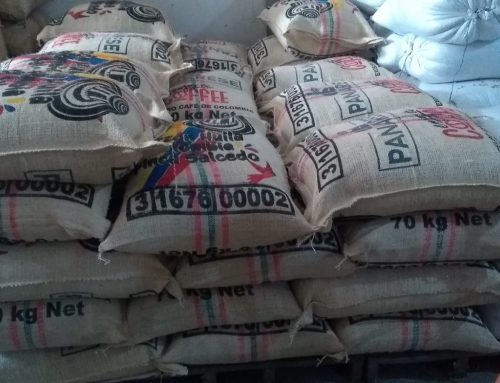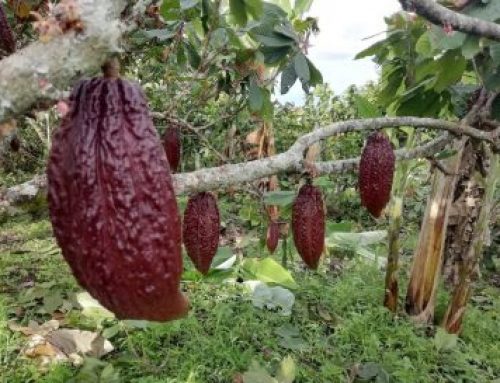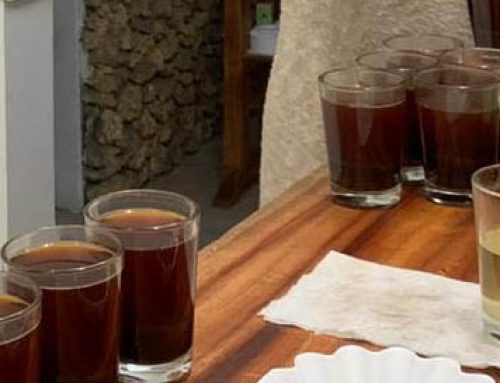Colombia is one of the main exporters of coffee in the world and every year millions of people taste and savor the coffee grown in specific areas of the Colombian plateau.
How is it possible that so many people are in love with this particular type of coffee? We will now try to explain its secrets and how thanks to mother nature in Colombia it is possible to grow the best quality of coffee.
Because Colombian coffee is the most famous?
For more than 200 years now, the most exported product has been coffee and if it has such a long-lived translation there will be a reason … in fact its aroma and flavor makes it unmistakable by diversifying it among all the other qualities of coffee so much that it even coined a idiom: when a waiter takes a long time to bring the coffee at the end of the meal, they say “Did he go to get it directly in Colombia?” Joking aside, as mentioned before there are some secrets that allow Colombia to boast the best quality of coffee.
Not being a magician, Colombia is not jealous of its own dungeons and we will reveal one of them immediately: the geographical position. In fact, this is undoubtedly one of the predominant factors that make Colombian coffee so unique. After years of studying coffee crops, it has been found that it grows best on volcanic soils, at altitudes between 1,200 and 1,800 meters, in places free of frost but which receive about 80 inches of rain a year.
Where Colombian coffee is produced?
The coffee zone of Colombia or eje cafetero (Cultural Coffee Landscape) in the center of the country produces most of the coffee.
Panarese Group guarantees that the high quality coffee comes 100% from the Colombian regions of its production:
- HUILA (Garzon) -> Altitude 1,200 – 1,650 m.s.l.m .;
- TOLIMA (Planadas, Ataco, Ibague) -> Altitude 1,350 – 1,700 m.s.l.m .;
- PIEDMONT LLANERO (La Salina, Sacama, Tamara, Nunchia) -> Altitude 1,200 – 1500 m.s.l.m .;
- ANTIOQUIA (Apartadó, Turbo, Carepa y Necoclí) -> Altitude 5 – 1000 m.a.m.s.l.
Volcanic soil: the food of coffee
The coffea prefers soils with residues of volcanic activity, rich in nitrogen and humus.
Of all the volcanic regions of the country, the soil here is the richest in nutrients. Most of the crops are located on the slopes of the volcano, near a lake: the winds that move the waters create a unique microclimate in the world, which gives the coffee fabulous aromatic notes and a strong body.
The volcanic soil plays a truly fundamental role. Being rich in mineral salts and often covered with volcanic ash, it greatly nourishes the plants.







